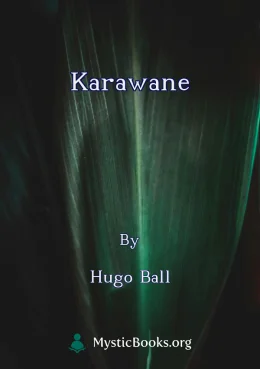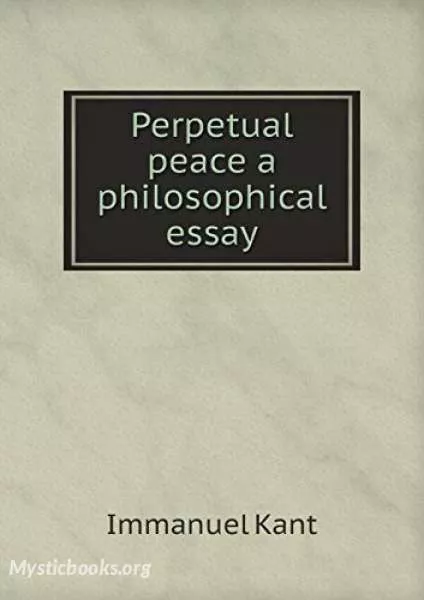
Perpetual Peace
'Perpetual Peace' Summary
"Perpetual Peace" is structured in two parts. The Preliminary Articles described the steps that should be taken immediately, or with all deliberate speed:
- "No secret treaty of peace shall be held valid in which there is tacitly reserved matter for a future war"
- "No independent states, large or small, shall come under the dominion of another state by inheritance, exchange, purchase, or donation"
- "Standing armies shall in time be totally abolished"
- "National debts shall not be contracted with a view to the external friction of states"
- "No state shall by force interfere with the constitution or government of another state"
- "No state shall, during war, permit such acts of hostility which would make mutual confidence in the subsequent peace impossible: such are the employment of assassins (percussores), poisoners (venefici), breach of capitulation, and incitement to treason (perduellio) in the opposing state"
Three Definitive Articles would provide not merely a cessation of hostilities, but a foundation on which to build a peace:
- "The civil constitution of every state should be republican"
- "The law of nations shall be founded on a federation of free states"
- "The law of world citizenship shall be limited to conditions of universal hospitality"
Kant's essay in some ways resembles modern democratic peace theory, though it also differs significantly from it. He speaks of republican (Republikanisch) states (rather than of democratic ones), which he defines to have representative governments, in which the legislature is separated from the executive. He does not discuss universal suffrage, which is vital to modern democracy and quite important to some modern theorists; his commentators dispute whether it is implied by his language. Most importantly, he does not regard republican governments as sufficient by themselves to produce peace: freedom of travel, though not necessarily migration, (hospitality); and a league of nations are necessary to consciously enact his six-point program.
Book Details
Language
EnglishOriginal Language
GermanPublished In
1795Authors
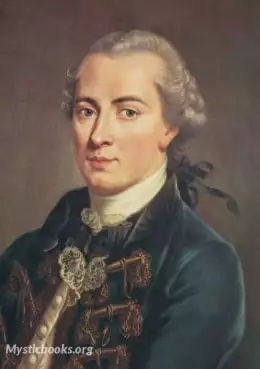
Immanuel Kant
Prussia
Immanuel Kant was a German philosopher and one of the central Enlightenment thinkers. Kant's comprehensive and systematic works in epistemology, metaphysics, ethics, and aesthetics have made him one o...
Books by Immanuel KantDownload eBooks
Listen/Download Audiobook
- Select Speed
Related books

Road by Siegfried Sassoon
LibriVox volunteers bring you eight different readings of Siegfried Sassoon's The Road, a weekly poetry project. (Summary by Annie Coleman)
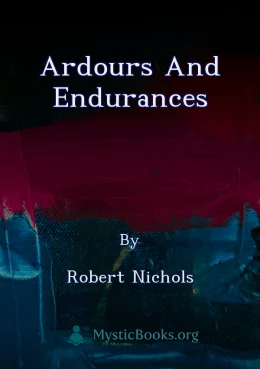
Ardours and Endurances by Robert Nichols
'Ardours and Endurances' is a collection of war poems by Robert Nichols, written during and after his service in the British Army during World War I....
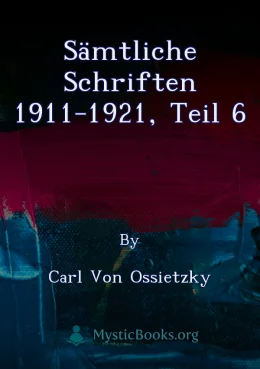
Sämtliche Schriften 1911-1921, Teil 6 by Carl von Ossietzky
This volume, part of a larger collection of Carl von Ossietzky's writings, focuses on his work from 1911 to 1921. It contains articles, essays, and cr...
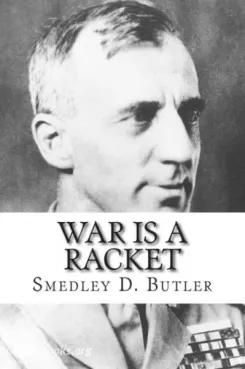
War Is a Racket by Smedley Butler
A highly decorated United States Marine Corps major general. In this captivating and eye-opening work, Butler presents a compelling argument about the...
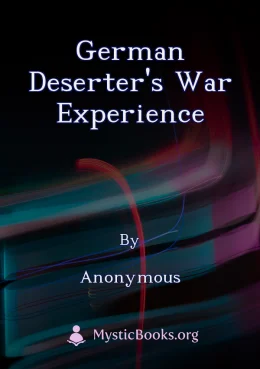
German Deserter's War Experience by Anonymous
This anonymous memoir offers a stark and intimate account of a German soldier's experience during World War I. Written in 1917 by a deserter who escap...
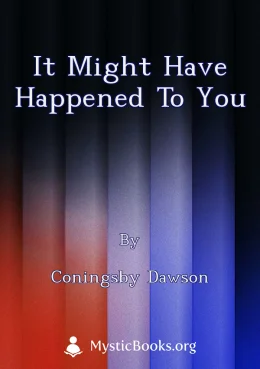
It Might Have Happened to You by Coningsby Dawson
Coningsby Dawson's "It Might Have Happened to You" offers a stark and poignant account of the immense human suffering, particularly widespread starvat...
Reviews for Perpetual Peace
No reviews posted or approved, yet...
